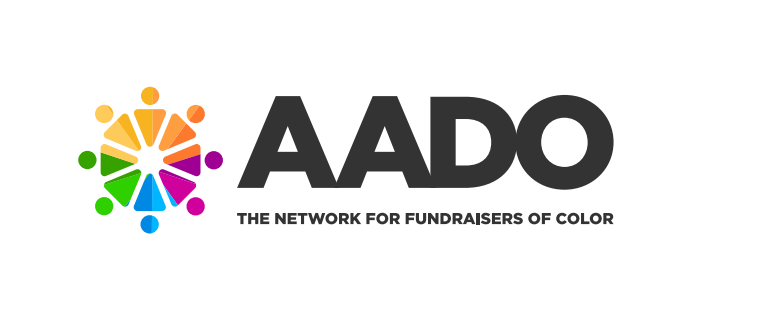J.D. Greer
A look at Jo ‘Vion (J.D.) Greer ‘s life outside of professional fundraising reveals someone with a passion for making a difference in the lives of others. While still a student, he helped found Books All Around, a non-profit created to help alleviate illiteracy for children living in impoverished communities. Since then, J.D. has held numerous volunteer leadership positions with non-profit and philanthropic organizations. Professionally, J.D. has assisted regional and national organizations with many facets of fundraising and has been involved with fundraising projects that have raised more than $500,000,000. J.D. currently serves as the Director of Development and Operations at Seton Hall Law School.
What path led you to a career in fundraising?
Every time someone asks me that question I pause and think about how I’ve always done some sort of fundraising all of my life. As I got older, I did a Think Tank fellowship with the state of Florida. I started out by working in conjunction with theirs Grants and Resource Development team, and that gave me my first look into professional fundraising. Eventually I worked a job where I was in a position to award grants and that gave me another perspective into philanthropy. I would soon find myself working for a non-profit ministry, then actually doing development consultant. However, my educational background is in business finance.
What inspires you about the fundraising profession?
I’m really inspired by the fact that I’m able to use my skills, education, and experience to help bring in funds and resources that will help further an organization’s cause.
What is the one quality every fundraiser should have?
I believe that every fundraiser should communicate well and be relatable. It has been proven time and time again in the development world that people give to people. As fundraisers, it is most important for donors to feel as if they can connect with you and that you be able to articulate the needs of the organization and how the resources will be utilized.
What is the legacy that you would like to leave regarding your fundraising activities?
I love the fact that my work helps so many people. When I was doing development consulting, I would often say that I helped the people who helped the people. Hopefully, my work and my legacy be one that inspires people to be the change that they want to see by taking action and supporting the organizations and institution that they believe in. The bible reads, “Where a man’s heart is, so shall his treasures be.”
Finish this sentence… The most important thing I learned about fundraising but didn’t know is…
Most people are just waiting to be asked to support. I have learned that there are so many donors who were just waiting for a particular organization to ask them to give or to clearly communicate the need and how the funds will be aid in that effort.
If you could bring a famous person (living or transitioned) with you into a high-profile meeting as support, who would it be and why?
I think that I would take Nelson Mandela into a high-profile meeting with me for support. He seemed to garner respect from so many people of various walks of life. He was man who spent a large part of his life imprisoned for not standing up for himself, but daring to change the consciousness of his country. He was also strong enough to forgive all those who wronged him and become president of South Africa after being released from prison. I truly believe that donors would really support an organization that he was representing. I also believe that high-profile donors would not hesitate to give very generously for efforts if he asked.
How well do you think African Americans are represented in the development field?
This is a question that seems simple, but doesn’t really have a simple response. I believe that African American representation in development looks differently depending on what philanthropic sector and region of the country you’re viewing. However, comprehensively African Americans do not make up a large part of the workforce in development. I believe that a part of this is due to the lack of awareness within the African American culture of quality jobs in the development field. Quite often, African Americans who do end up in development jobs had a very different work experience earlier in their careers.
What things do you do to continue to enhance your knowledge and expertise in the development field?
I try to find various methods of enhancing my knowledge of development and philanthropy. I’m constantly reading articles, reports, and books. I also attend conferences, workshops, and webinars. There are also some very bright and experienced individuals that I talk to and work through ideas and strategies with. Additionally, I have recently joined AFP with dual chapter membership.
What do you think the relevance of philanthropy is to the American way of life? How important is it?
Philanthropy is really the cornerstone of our American culture. The ways in which individuals participate in philanthropic efforts are greatly varied, but it is interwoven into the fabric of our country. Religious organizations, educational institutions, cultural and art organization entities, medical facilities all could not truly exist in this country and have the effect and presence that they have without the generosity of many patrons and donors. It is absolutely vital to the American way of life.
What is the most inspiring development/philanthropy quote that you’ve ever heard?
I have two quotes actually:
“I have found that among its other benefits, giving liberates the soul of the giver.”- Maya Angelou
“Every man must decide whether he will walk in the light of creative altruism or in the darkness of destructive selfishness.” - Dr. Martin Luther King, Jr.

